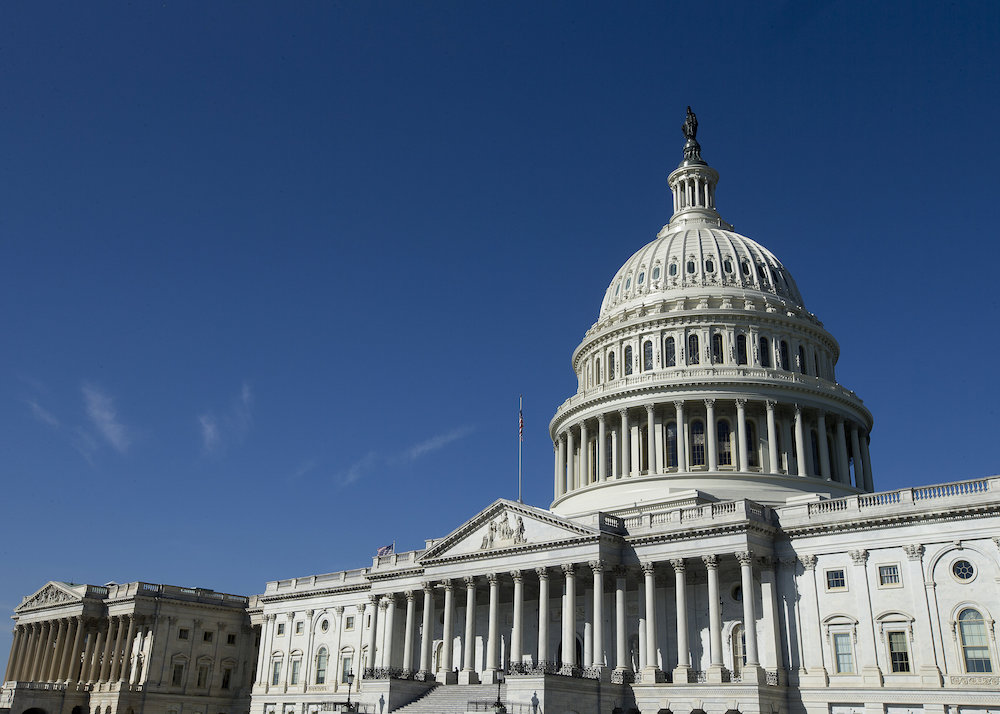The budget bill passed by the House of Representatives to try to end the partial government shutdown includes a provision to repeal the "Mexico City Policy" that prohibits U.S. funding of foreign nongovernmental organizations that perform or promote abortion.
Some House members and several pro-life organizations criticized the provision in the bill adopted Jan. 3, saying that it would end a policy that NGOs have managed to follow without a loss of health care funding.
The same provision was included in the version of the spending bill passed unanimously by the Republican-led Senate Appropriations Committee in 2018. Democrats are using that bill in an attempt to end the partial shutdown.
Rep. Chris Smith, R-New Jersey, was among the first to respond to the bill's passage. In a statement, he called the provision a "poison pill" that "overturns a major, comprehensive, current-day pro-life policy."
The Mexico City Policy was first put in place by President Ronald Reagan in 1984. It was named for the city that hosted the U.N. International Conference on Population that year where Reagan unveiled it.
The policy, now called Protecting Life in Global Health Assistance under President Donald Trump, has become a political pingpong ball, with Democratic administrations rescinding it and Republican administrations reinstating it. Trump re-established the policy in an executive order three days after taking office in 2017.
Global health assistance funding includes international health programs, such as those for HIV/AIDS, maternal and child health, malaria, global health security, and family planning and reproductive health.
Smith said the Trump order "establishes pro-child safeguards that are benign and humane conditions." He said that health care funding was not cut under the Protecting Life in Global Health Assistance, but that allocations are shifted from foreign organizations that harm unborn children.
National Right to Life sent a letter to House members opposing the measure in the budget bill.
As the budget was being debated, a motion to further debate and amend the measure was offered. Known as a motion to recommit, the attempt was defeated 232-199. Two pro-life Democrats, Rep. Dan Lipinski of Illinois and Rep. Collin Peterson of Minnesota, voted for the motion.
The Republican-majority Senate is not expected to vote on the House bill. Senate majority leader Mitch McConnell (R-Kentucky) has said he will not allow a vote on any budget bill unless Trump assures he will sign the measure.
The White House Jan. 3 opposed the House bill, saying it included funding in several areas far beyond what the administration proposed for fiscal year 2019, which runs through Sept. 30.
In a statement, the White House said the bill would undermine the Mexico City Policy. The administration also cited a $5 million hike to $37.5 million for the United Nations Population Fund for family planning programs in its opposition of the Democrats' plan. Pro-life organizations have opposed the program, charging that it participates in coercive abortions and involuntary sterilizations.
Negotiations among congressional leaders and Trump administration officials the weekend of Jan. 5-6 produced no resolution to the budget stalemate, now in its third week. The president continued to insist on $5.6 billion for a wall along the U.S.-Mexico border. Congressional Democrats said a wall is immoral and ineffective, preferring other types of border security for which funding has been approved.

